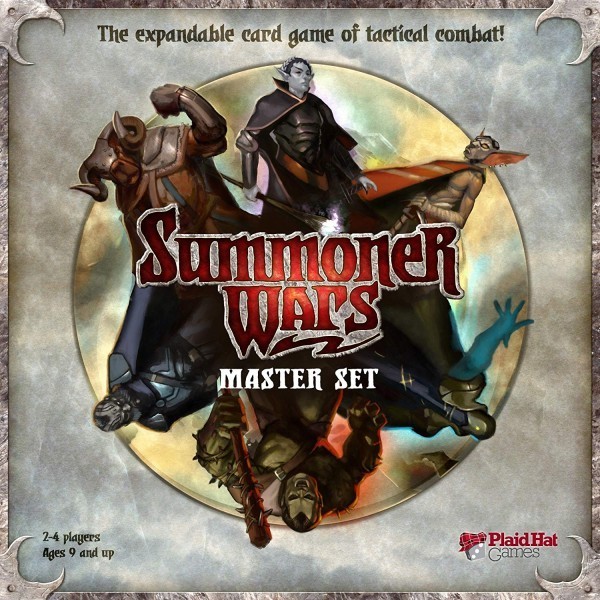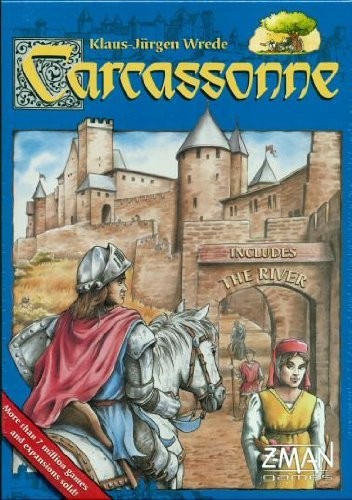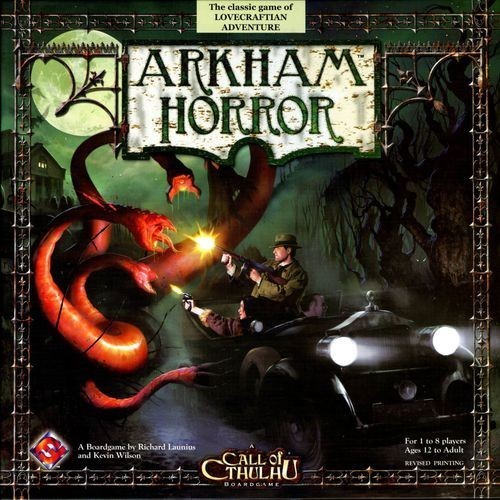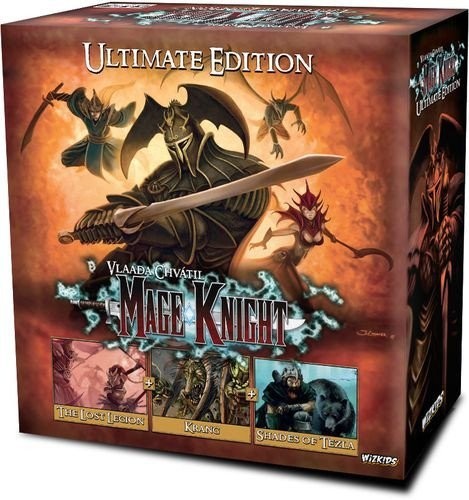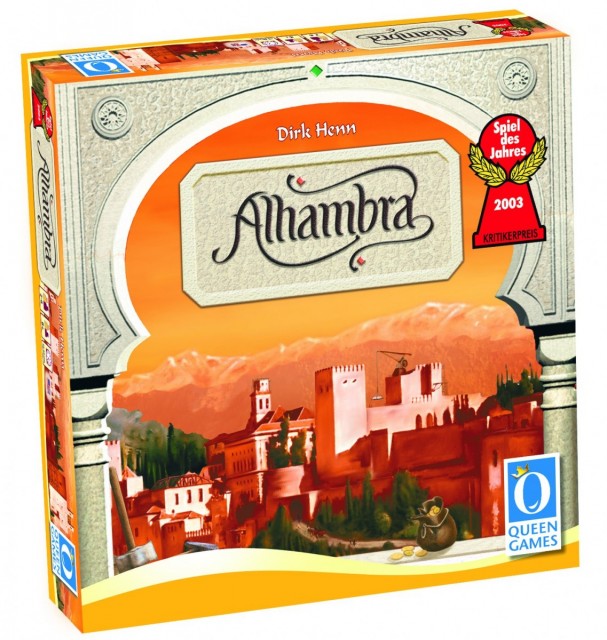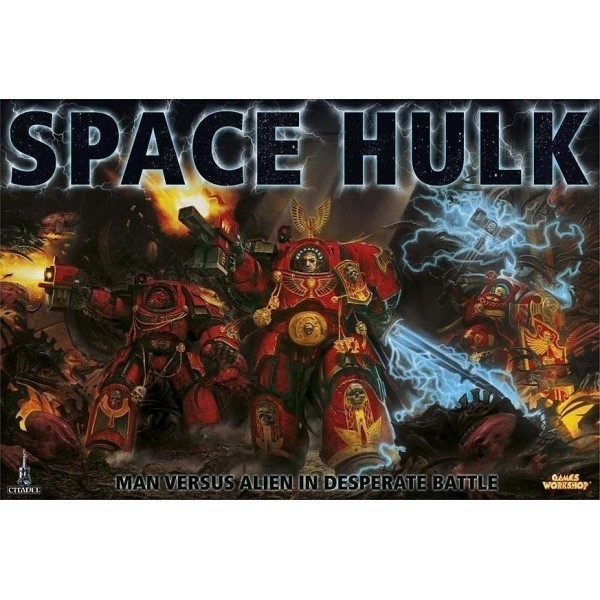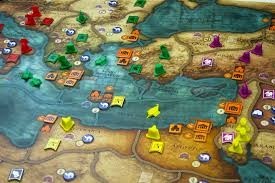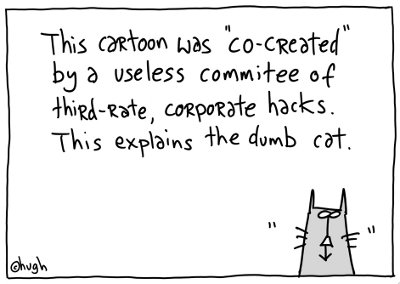 A while ago I had the pleasure of reviewing The Hell of Stalingrad by Clash of Arms games. If you can’t be bothered to follow the link, I’ll give you a free pass to the end of the column where I concluded that it was a pretty good and very innovative game that was unfortunately let down by some pretty rough edges, and that it promised to be a fantastic base for future iterations of the series. Well, having not had the chance to play the game in a while I was struck by the desire to play it a couple of weeks ago and, to whet my appetite, took a look at the current status of the game. The first thing I noticed was, to my delight, that public consensus on the game largely matches my own so that’s one I got right at least. The second thing I noticed, rather more interestingly, was that a very large number of house rules were bouncing around to try and improve the game. The third thing, and the one that caught my attention most of all, was that the designer was promising to try out some of these variants and release a revised rulebook for the game.
A while ago I had the pleasure of reviewing The Hell of Stalingrad by Clash of Arms games. If you can’t be bothered to follow the link, I’ll give you a free pass to the end of the column where I concluded that it was a pretty good and very innovative game that was unfortunately let down by some pretty rough edges, and that it promised to be a fantastic base for future iterations of the series. Well, having not had the chance to play the game in a while I was struck by the desire to play it a couple of weeks ago and, to whet my appetite, took a look at the current status of the game. The first thing I noticed was, to my delight, that public consensus on the game largely matches my own so that’s one I got right at least. The second thing I noticed, rather more interestingly, was that a very large number of house rules were bouncing around to try and improve the game. The third thing, and the one that caught my attention most of all, was that the designer was promising to try out some of these variants and release a revised rulebook for the game.
Obviously it’s very common for people to house-rule games in order to correct perceived flaws. What startled me about this was the level of commitment the designer was showing to checking out house rules and not only commenting on them but suggesting some should be incorporated into a new rule set: that’s pretty unique in my experience. Now not long after I wrote my original review I heard a comment from one of the design team - possibly in response to my opinions, I can’t now remember - to the effect that people should treat the game partly as a work in progress and house rule it as they saw fit. At the time I wrote this off as a ridiculously lazy approach to designing a game, but it seems that not only is the team behind The Hell of Stalingrad as good as their word on this matter but that we might even be looking at the future of where approaches to game design are going.
My dismissive response to the initial idea of releasing a half-baked game and then expecting users to improve it for you is pretty easy to understand. Aside from the old adage about God so loving the world that he sent his only son and not a committee, imagine this scenario. You’re a customer. You spend some of your hard-earned cash (quite a lot of it in the case of The Hell of Stalingrad) on a game. You expect game to be playable and lots of fun out of the box. If it isn’t you’re disappointed and angry. Not everyone bothers to check out internet updates to all the games they own, after all, do they?
But on consideration I began to realise that that last assumption wasn’t quite as watertight as I’d presumed. Most people have access to the internet nowadays and most hobby games are bought by enthusiasts who are willing to spend at least a little time and energy looking “outside the box” as it were and checking out the wider resources available for what they own, even if only briefly. Besides which it seems to me that any designer who wanted to create some sort of open-ended rules set which was deliberately set-up for added house rules could, nowadays, simply say so in the rules and direct users toward a website where suggested house rules or updated rulebooks could be collected and that almost certainly most game owners would respond in the desired manner by checking it out from time to time. It’s not quite a clear-cut a matter as I’m making out: although you can certainly release an electronic version of a revised rulebook without much complaint on the part of game fans, trying to revise printed text on game components such as cards is rather more taboo - and an unscrupulous or unfortunate designer could easily release an game with open-ended rules which ends up requiring major changes to game components instead. The designer and developer still have important jobs to do because the basic game out of the box must still be playable and entertaining, even if it’s being released as something for users to experience and improve, otherwise no-one will play it in the first place. But the basic principle seems sound.
If you’re going to accept then that it’s legitimate to release a game that, effectively hasn’t been properly play tested, look at the potential advantages available to you. It’s not unlike - to use an appallingly geeky metaphor - the open-source programming model of bug correction: there more programmers you have looking for problems, the more will be found and the better the fixes that will get applied. Similarly if you cut back on traditional development and play testing you can have the work done instead by the initial adopters of the game and have it done not only free but more importantly on a much grander and more effective scale than a few isolated play test groups would manage. Collaborative editing works for wikipedia: why shouldn’t it work for a game?
This is all currently pretty theoretical stuff of course, but aside from the approach taken by The Hell of Stalingrad it touches on the rather more commonplace issue of house ruling in games generally. I’ve always found house rules to be a veritable hornets’ nest of passion, capable to stirring gamers to even more bitter disagreements than the fallout produced by a particularly treacherous game of Diplomacy. Some people hate them, other people refuse to play certain games without a particular house rule while others will swear undying fealty to another variant of the same game. I’ve always felt this particular minefield was best avoided because I trusted that the designers and developers of a particular game were the people best placed to decide how that game should be experienced: not just in terms of balance but in terms of the theme and emotions the game is meant to convey, in a similar manner as a living author ought to be treated as the ultimate authority on his or her books. Play the game as suggested out of the box and enjoy the game in the manner intended.
This approach works perfectly well for the vast majority of games. But there are a small subset of titles which are claimed by fans to be transformed by the application of some simple house rules from turgid monstrosities into things of grace and beauty. Such a game is the notorious Zombies!!!, a game which from my personal experience should not be tossed aside lightly but thrown with great force. But it’s true that I have only played this game under the worst possible circumstances: a full player roster which slows the action down to a level of near-unbearable tedium and with the rules-as-published when home-made and designer-suggested variants abound to improve matters. So, if we assume that the fans are correct on this one and that there is something exciting and fun (and - as a bonus - full of fluorescent zombie goodness to boot) to be reclaimed from the train-wreck that the published game represents, am I right to tour internet forums telling everyone I think the game is rubbish? Ought I not give the game another chance under optimal conditions of less players and some well-received house rulings first?
Well I’m not so sure. The trouble is that we live in an age where our choice of games grows ever wider whilst our spare gaming time shrinks ever-smaller (or maybe that’s just me). When I play a game, I’m apt to judge it on the way it plays out of the box and not spend ages tinkering with some dog of a title just to see whether or not a potential pearl lies somewhere within. For those of use who spend a decent amount of time writing about , discussing and most importantly reviewing games this is far from a clear-cut question: is it really ethical for us to reject something as dreadful and potentially hurt sales, without covering all these possible angles? Again, I think it’s a question of time: no-one can try out all possible variants, and fans that are attracted to try and work out the best angles of an otherwise rubbish design are often inspired by a particular love of the theme or mechanical bones of the game that not all gamers might share. Ultimately this is a difficult question to answer in an entirely satisfactory manner. After all, even if outright bad games are thankfully fairly uncommon, games which try to maximise sale potential by advertising ridiculously optimistic play times or a range of player numbers wider than those the game can comfortably support without spoiling the experience is extremely common. Indeed two of my favourite games commit one of these sins: Twilight Imperium 3 will not routinely play in 3-4 hours, and Imperial plays pretty badly with 2 or 6. Yet I can’t help feeling that there has to be a cut-off point somewhere for an opinion to be formed, written down and disseminated, and for a game as bad as Zombies !!! that point is pretty short indeed.
My dismissal of games that need to have variants applied in order to succeed clashes rather badly with my initial enthusiasm for a more open-box style of design and development, and yet I don’t think I’m holding up a double standard. In the end I can tie this article up by returning to two points I made near the beginning. Firstly I made an important proviso about collaborative design: it has to be a deliberate step taken when the game is released, and the designer and publisher need to make a point of telling the fans of the game - preferably in the rulebook - that what they’ve bought is, in part, a work in progress. Bad games that are improved by house rules don’t fulfil this criteria and instead just reek of lazy play testing. Second, and most importantly, even if the basic product is supposed to improve with time it still has to be pretty good at its initial conception. Otherwise it won’t get the play time necessary for problems to be identified and refined and, worse, that section of the play community who don’t keep up-to-date with any changes published will feel ripped off in the same manner as many of the people who bought Zombies!!! did.
Matt is the founder of Fortress: Ameritrash. He is also a regular columnist for Board Game News.
 Games
Games How to resolve AdBlock issue?
How to resolve AdBlock issue? 





